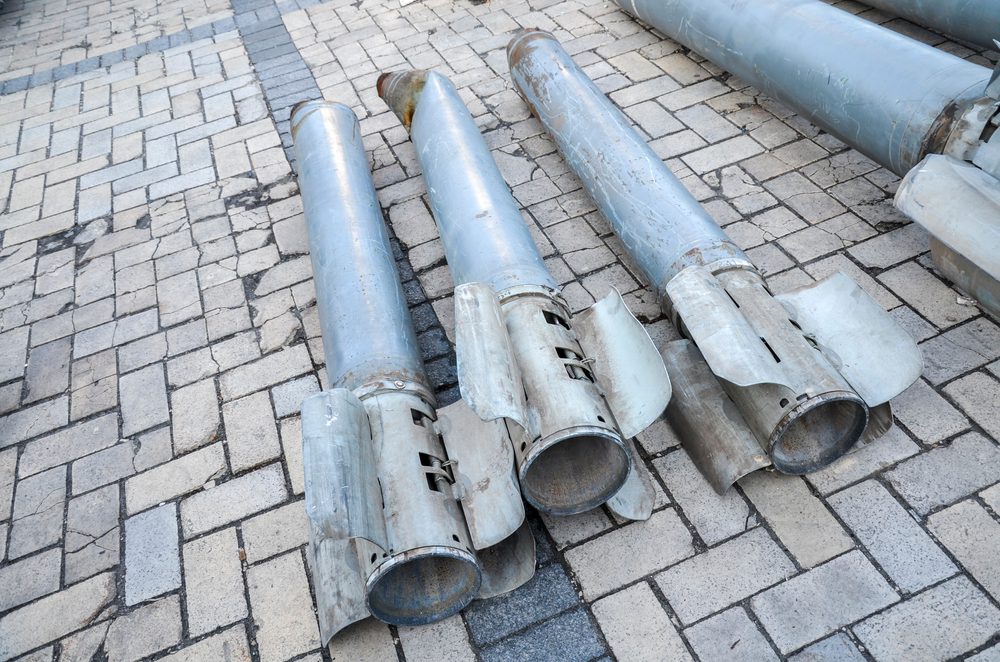
An American decision to send highly-controversial cluster bombs to Kyiv and whether to invite Ukraine into NATO—now, or after the current war—are two major bones of contention among Western nations as NATO leaders prepare to meet in Lithuania ahead of an anticipated summit.
Last week, the Biden administration drew criticism from humanitarian groups and even NATO allies for announcing that America would offer cluster bombs to the Ukrainian army as part of a $800 million arms package. The cluster bombs are given with the guarantee that they will not be used in Russian urban areas. The Biden administration defends the decision due to what it argues is dwindling ammunition stocks in Ukraine.
Biden on sending cluster munitions to Ukraine:
— RNC Research (@RNCResearch) July 8, 2023
"They're running out of that ammunition — and we're low on it." pic.twitter.com/bkJEsZbrq5
Cluster bombs are miniature explosives primarily designed to cripple infrastructure and are prohibited by 123 countries under the Convention on Cluster Munitions, excluding the United States. These bombs have been noted for causing death long after a conflict has ended by lingering in the post-warzone environment. The United States will tap into its large stockpile of cluster bombs as it struggles to keep up with the demand for conventional shells for the Ukrainian war effort.
New Zealand Prime Minister Chris Hipkins has already voiced his opposition to issuing cluster bombs to Ukraine while Rishi Sunak is expected to bring the issue up with Biden personally in a meeting before this week’s Lithuanian summit.
The question of cluster munitions is just one of many quandaries expected to come to a head for the two-day summit this week as the Biden administration also hopes to broker a deal with Turkey over Swedish NATO accession.
Ankara has vetoed Swedish NATO membership due to what it believes to be Stockholm’s support for Kurdish separatists as the Swedish PM Ulf Kristersson met with Erdogan to help put the issue to bed. Hungary, which has also blocked Swedish membership, has also signaled that it would drop its objections if Turkey did likewise.
Away from the Turkish-Swedish dispute, NATO is divided about how to approach Ukrainian military integration, as Ukrainian officials announced that they were growing pessimistic about ever joining the alliance. NATO membership for Ukraine is viewed as essential for Kyiv in protecting the nation’s sovereignty in the long term, as a guard against Russian expansionism—though many NATO members view it as a recipe for escalating the conflict.
Both America and Germany are unwilling to offer NATO membership to Ukraine while the conflict is ongoing, saying that it is unnecessary and would run the risk of an all-out war between the Western alliance and Russia. Joe Biden suggested an alternative proposal earlier this week saying that Ukraine could potentially develop a relationship with NATO akin to Israel through a system of military aid and guarantees.
Aside from the war in Ukraine, the topic of China is likely to feature heavily at the Lithuanian summit following France’s decision to stymie the opening of a new NATO office in Japan. France argues that NATO expansion into Asian affairs falls way out of line with the alliance’s remit and could jeopardize already strained relations with Beijing.
